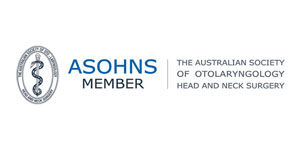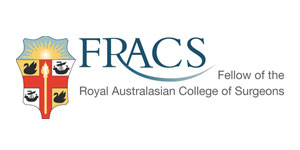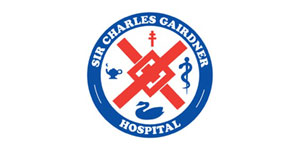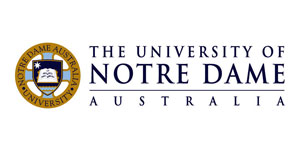Before & After Sinus Surgery
Preparing for surgery
Always tell your ENT specialist and anaesthetist about your medical history and be sure to mention
problems such as allergies to medication. Inform your specialists about any medication you might be taking.
This includes any natural medicines such as vitamins and herbal remedies. If there is a family history of blood clotting problems (increased bleeding tendency, easy bruising or deep vein thrombosis) or problems with anaesthetics be certain to mention this as well.
Things to avoid taking at least three weeks before and one week after your surgery:
- Aspirin
- Anti inflammatory medication such as Celebrex or Ibuprofen (Nurofen)
- Vitamin E
- Fish oil
- Garlic, ginger, ginseng and any other herbal remedies (there are more than 40 different herbs which have effects on blood clotting)
These substances can cause excessive bleeding and should be avoided around the time of surgery. Excess bleeding during the surgery makes surgery more difficult and can result in the procedure being stopped before it is completed. Bleeding after surgery can occasionally require treatment with nasal packing or more surgery.
Warfarin, Clopidigrel (Plavix) or aspirin taken for heart or stroke problems will also need to be stopped before surgery, however this should be discussed with both your ENT surgeon and your GP or cardiologist. Other short acting medications may be needed.
You should stop smoking as soon as possible. It is advisable to use this opportunity to quit smoking altogether.
Please remember to take your CT scans to the hospital – your surgery will not proceed without them.
Sinus surgery
Sinus surgery is performed using endoscopes placed through the nostril. Your surgeon will explain the procedure that will be performed in order to correct your problem.
If frontal mini trephines are used there will be a small incision in the end of each eyebrow.
Frontal mini trephines
In some cases, mini trephines are used as an aid to opening the frontal sinuses. A small incision is made in the corner of the eyebrow and the trephine is a small tube which is passed through a hole drilled in the bone into the frontal sinus.
Saline solution is flushed through the mini trephine which helps with identification of the frontal sinus opening and with clearing thick mucus out of the sinus.










